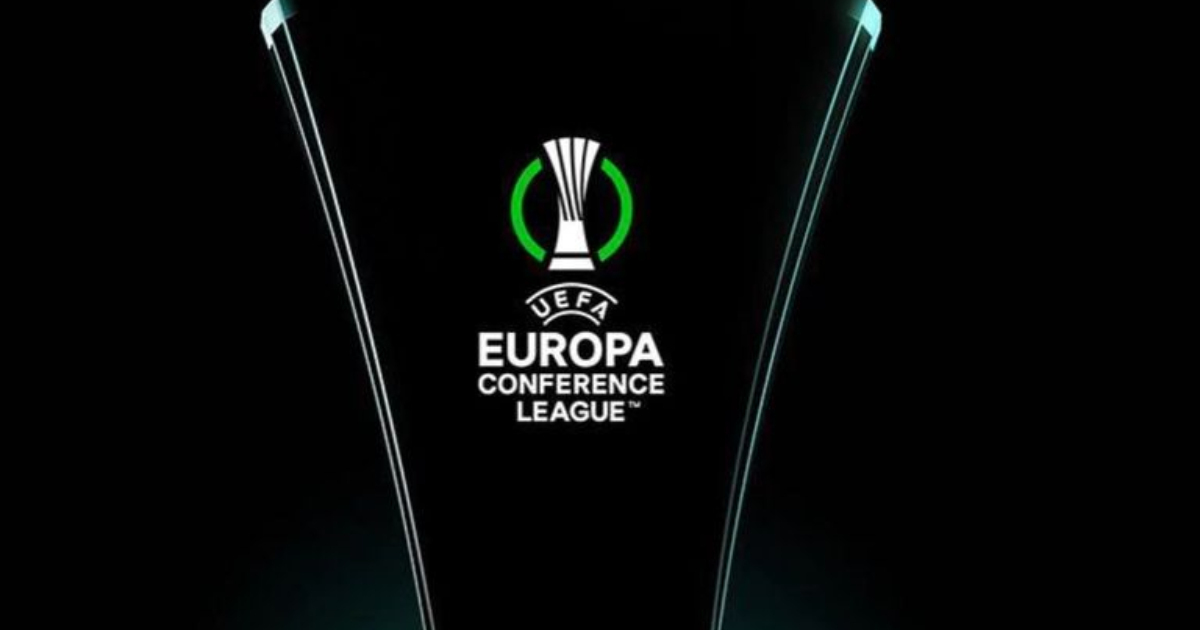For a long time, UEFA was planning to create a third-tier European competition that will exist along with Europe’s premier competitions – the Champions League (CL) and the Europa League (UEL). The mandate from UEFA was to give the clubs from the smaller nation a taste of glory on the continental stage.
In 2018, the UEFA confirmed the introduction of a new competition in Europe after a meeting in Dublin. The competition will come into effect from the 2021/22 season. Initially, the competition was called the Europa League 2. Eventually, it was renamed as UEFA Europa Conference League. It is scheduled to run for three years from 2021-23 before the reforms in the Champions League format kick in.
How does it work?
The Conference league will consist 32 teams divided into eight groups of four teams each and the matches will be played on Thursday. The qualification process tournament is very lengthy. No team will enter the group stage directly. Around 176 sides will feature in the preliminary rounds at one stage or another.
Since the objective behind this competition is to promote football in lower-ranked nations, no additional European Qualifying berths have been added to the big five leagues in Europe. From every top-five league, one of the allocated Europa league spots has been swapped out for a place in UEFA Conference League. This decision from UEFA meant England, Germany, and Spain will have only two teams in the Europa League.
UEFA’s ranking for the domestic leagues dictates the allocations of the remaining spots in the Conference League. The top 5 leagues will have one spot each (England, Spain, Italy, Germany, France). The countries ranked from 6th-15th will have two spots each, 16th-50 have three spots each and finally, the bottom five countries will have two spots each.
Teams will enter the four rounds of qualifying at different moments depending on their coefficients. For instance, teams from the top five leagues will play only in the final round of qualification.
Teams that lose the Europa League qualifier will trickle down at various stages of qualifications. There is also a champion part in the group stage when all the domestic title winners that lose in the qualifiers of UCL and UEL will battle it out for five places.
After this stage, the competition will play out as it does in other European competitions. However, there is a twist as UEFA has added a preliminary knockout round after the group stage where the runner-ups of the groups in the conference league will play the teams that finish third in the UEL. The winners will play the winner of the groups of the Conference League in the round of 16 and so on. The winner of the conference league will win an automatic qualification in next season’s UEL.
This will make UEL a more exclusive tournament than ever. To accommodate the new competition, UEFA has reduced the size of the UEL group stage from 48 to 32 sides. As a result, no nation outside UEFA’s top 15 has been allocated a qualifying berth. This means success in UEL can equal big business. During the 2019-20 campaign, a spot in the group stage guaranteed a club £2.92 million, while the competition winners received £7.5 million and the runners-up earn up to £4 million. This prize money will reportedly increase with the implementation of the Europa Conference League in the next three years.

